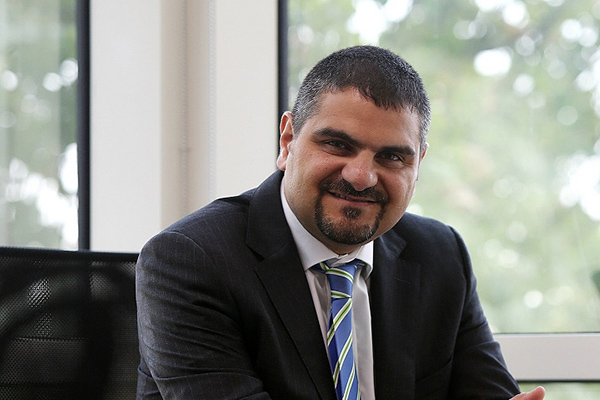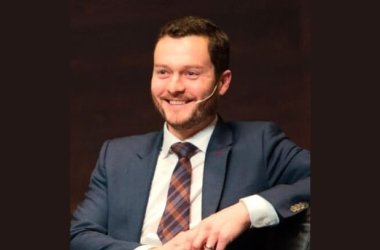
Fujitsu’s vice president for the Middle East region has said that technology end-users will be those who truly define the future of the region’s economy, instead of big-name vendors.
Farid Al-Sabbagh – who has been confirmed as a judge for tahawultech.com’s Future Enterprise Awards on 14thOctober at Jumeirah Emirates Towers in Dubai – said that digital transformation was easier said than done, but was being encouraged by tech-savvy regional governments and the Middle East’s ambitious CIO’s.
“You need to have a vision of where you want to be as a business, but getting there is no walk in the park,” he said. “Any IT vendor that says they can completely transform any company into the digital age doesn’t know what they’re talking about. Ultimately, the change will be defined by end-users, and by the customer experience that they can deliver.”
Al-Sabbagh went on to highlight the industries which he believes have already experienced the greatest digital disruption. “The most interesting digital transformation success stories have been in finance and retail,” he said. “Our research shows that 30% of digital transformation projects in these industries have delivered tangible, positive results to the business.
“Fintech companies are really beginning to disrupt the world – in a lot of countries you may have had 15-20 banks who would have dominated for decades, but suddenly you there are dozens of companies that are offering similar services and are shaking up the established order. Blockchain is also pushing banks to limit their number of touchpoints, by acting as a new middleman.”
Following a number of high-profile regional announcements that have set ambitious tech-based targets for the future, Al-Sabbagh was keen to stress that the UAE had already leapfrogged a number of more supposedly developed economies.
“We’re in a fantastic market,” he said. “The technologies that I was working with 10 years ago are relatively insignificant now. There aren’t as many legacy systems here as there are in Europe, and there’s going to be a huge amount of change in the next 15 years.
“The UAE is ahead of a lot of countries, and is more advanced than quite a few countries in Europe. Here, you can enter information in apps, and pay bills and fines easily, which you can’t do in a lot of European countries. Europe has a lot of challenges with security and compliance, so they often can’t do things as easily.”
While the UAE may have already set out its stall as the Middle East’s technology hub, Al-Sabbagh also drew on positive developments in Saudi Arabia, and the progress the country has seen in the last two years.
“The Saudi market was slow in 2016,” Al-Sabbagh said. “That wasn’t because of politics affecting technology, but it was massively affected by the oil price. By the end of 2015, there was a very difficult situation there in terms of projects and public spending. It was a difficult time for a lot of companies.”
However, Al-Sabbagh is now hugely optimistic about the potential for technological change in the Kingdom. “The two biggest benefits we’re seeing now that the oil price has recovered are projects getting back on track – which is hugely encouraging – and, more importantly for the long-term, the lessons learned from the downturn.”
Al-Sabbagh also emphasised his enthusiasm for his upcoming judging duties in tahawultech.com’s Future Enterprise Awards. “It’s an absolute pleasure to be chosen as a judge,” he said. “It’s a fantastic opportunity, and I’m really looking forward to gaining an insight into the technologies that companies are looking to for the future. It’s great to see all companies competing around technology, and the tone set by the UAE government really helps to spur that competitive spirit.
“Being a judge for this kind of project is very exciting.”





